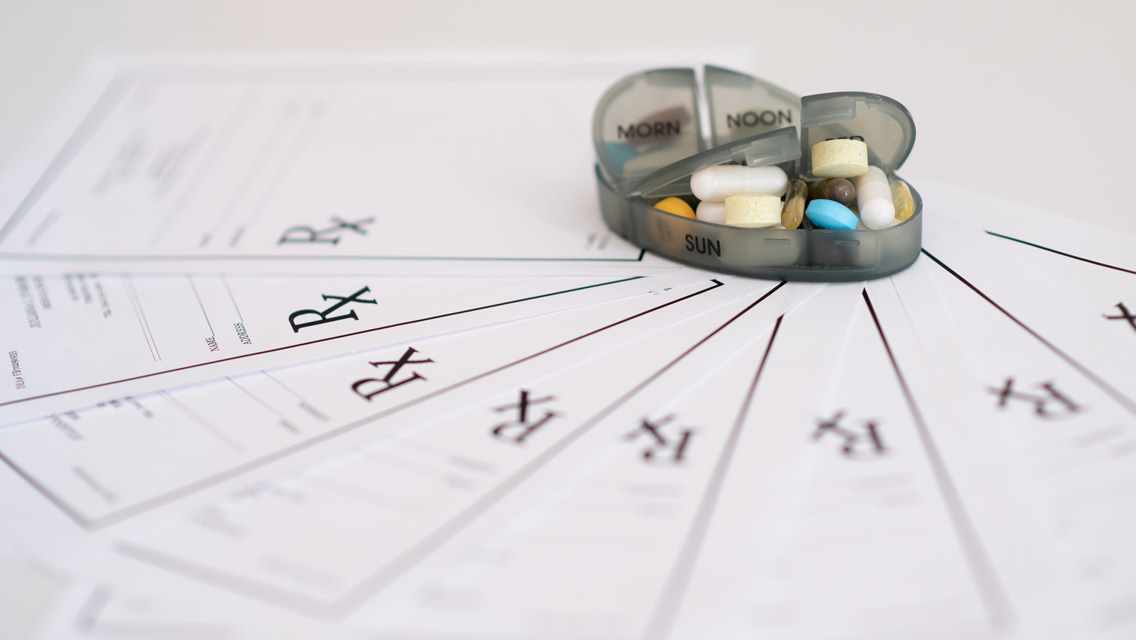In the months since I surrendered to our hidebound healthcare system and the drugs it doles out to keep me from expiring from some cardiac mishap, I’ve become much more attuned to — and slightly obsessed with — unfamiliar signals my body seems to be sending.
I rose from the couch a few weeks ago, for instance, and found myself reeling from a weird dizzy spell. It persisted for several minutes, long enough to spark some paranoia (a minor stroke?) and trigger some action. I lined up an appointment with my doctor the next morning.
She put me through some basic neurofunctional exercises, which revealed no particular crisis, and sent me home with the suggestion that an MRI might be in order. While I considered that option, I happened to notice that my left ear was feeling a bit plugged. When I flushed it out, a chunk of something or other landed in the bathroom sink. Weeks have now passed with no apparent dizziness, but I’m now stymied by a frequent tingling and numbness in my hands and feet. Every so often, it strikes the entire left side of my body — shoulder to toes.
It’s not uncommon for people suffering from odd or unfamiliar symptoms to imagine the worst, and I found myself questioning my decision to forego the MRI my doctor had recommended. A little research, however, eased my fears: It’s probably the pills.
It turns out that one of my two blood pressure meds, lisinopril, has been known to cause the sort of tingling and numbness I’ve been experiencing as well as occasional bouts of dizziness (though my clogged ear may have played a primary role). That’s good news, as far as I’m concerned, but it raises a thorny question that I suspect vexes many seniors: How do we know if the drugs we’re taking are doing more harm than good?
A small sector of the medical community has been promoting the benefits of “deprescribing”— weaning patients off ineffective or harmful medications — for several years now, but the results of a study released earlier this month may provide much-needed support for those patients and their physicians willing to consider such a move.
The University of Michigan report, published in the British Medical Journal, involved 250,000 patients in one region of the sprawling Veterans Administration (VA) healthcare system who participated in a deprescribing program between 2009 and 2019. Researchers focused on the use of popular heartburn drugs, known as proton pump inhibitors (PPIs), which are typically prescribed for chronic gastrointestinal issues but are often used to quell the occasional upset stomach.
The team tracked the effectiveness of an intervention effort designed to limit the use of the medications among those without an ongoing need for it. The results suggest that discontinuing the prescription was a surprisingly popular option — even among patients who had been taking it for the right reasons — and that the harmful side effects of the drug may have been exaggerated.
The program produced a dramatic reduction in PPI prescriptions — almost 30 percent fewer than in other VA regions — and the drop in usage even included patients who had been prescribed the drug to prevent gastrointestinal bleeding. Plus, the researchers found no increase in doctor’s visits due to GI issues after the decline in prescriptions.
“This intervention worked so well because it was involuntary to some degree — refills could no longer be on autopilot for patients without a clear indication for the medication,” explains lead study author Jacob Kurlander, MD, a gastroenterologist at Michigan Medicine. “At the same time, what we saw is that patients who benefit from PPIs for bleeding prevention — which is sometimes overlooked by doctors — got swept up in this effort too.”
Kurlander and his team were surprised to learn that the drop in PPI usage didn’t trigger a decline in conditions often attributed to the drug’s side effects, such as kidney disease, stroke, heart attack, and pneumonia. “Our findings also suggest that PPIs may not be as harmful as some have feared,” he says.
I picked up another 90-day supply of my blood pressure drug last week, despite the persistent tingle and numbness in my extremities. I’m not foolish enough to make deprescribing decisions without consulting my doctor; I’ll bring it up when I see her for my annual physical in a couple of months. Maybe she can moderate the dosage or suggest another type of medication that keeps my heart pumping without putting my hands to sleep.
Meanwhile, I’m not without options if she decides a deprescribing scenario is too risky. I scheduled an appointment with an acupuncturist. It probably wouldn’t hurt to get my qi circulating a little more smoothly.
And keep my ears unplugged.





This Post Has 0 Comments